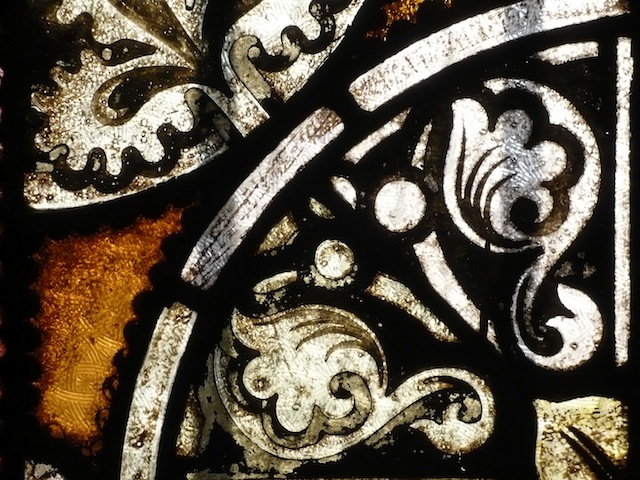Easter Every Day
April 8th, 2013 Posted in writing | Comments Off on Easter Every DayIf you went to Mass on Easter Sunday, you might have heard the triumphant hymn, “Jesus Christ is risen today!” But would you think it odd if you went to Mass a week later or five Sundays later and they sang the same hymn? After all, Easter’s a one-day affair, isn’t it?
But, surprisingly, each day from Easter Sunday until the following Saturday, the daily Mass prayers say, “This is the day the Lord has made” and, “we praise you with greater joy than ever on this Easter day when Christ became our sacrifice.” The liturgy seems to be saying, “Don’t be so fast to move on from Easter. Appreciate and savor the great mystery of the Resurrection, and this will surely take more than a day.”
Furthermore, maybe the truth is that we are entitled to call every day “this Easter day” because each day the Resurrection is happening in the world and for us. Each day Christ rises as Lord (just as each day he is the Child of Bethlehem, and each day he is still the Galilean preacher teaching us, healing us, and reconciling us to God and each other).
So, from that perspective, it’s right and proper to regard each day as Easter, no matter what the calendar says. And each day it’s appropriate to sing with full hearts an Easter hymn to the Risen Christ.

